Market Trends
Key Emerging Trends in the Hydrosols Market
The Hydrosols market is experiencing noteworthy trends, reflecting a growing consumer interest in natural and sustainable beauty and wellness products. One significant trend shaping the market is the increasing demand for hydrosols, also known as floral waters. Hydrosols are aromatic water byproducts obtained during the steam distillation of essential oils from plants. As consumers seek natural alternatives to synthetic fragrances and chemical-laden products, hydrosols have gained popularity for their gentle and multifunctional qualities. This trend is evident in the rising use of hydrosols in skincare, aromatherapy, and natural beauty formulations. The health and wellness trend plays a crucial role in influencing market trends in the Hydrosols industry. Consumers are becoming more mindful of the ingredients they apply to their skin and hair, seeking products that promote overall well-being. Hydrosols are celebrated for their mild and soothing properties, making them suitable for various skincare applications. They are often used as facial mists, toners, and natural fragrances, appealing to consumers looking for gentle and natural solutions to enhance their beauty routines. Diversification within the Hydrosols market is another notable trend. Manufacturers are expanding their product offerings to include a variety of hydrosols derived from different plants, each with its unique aroma and potential benefits. Common hydrosols include rose, lavender, chamomile, and neroli, but the market is witnessing the introduction of less traditional options such as helichrysum, frankincense, and witch hazel. This diversification not only provides consumers with a broader selection but also caters to specific skincare needs and preferences, contributing to the overall growth of the hydrosols market. The demand for clean and natural beauty products has led to the rise of the clean beauty movement, and hydrosols align well with this trend. As consumers prioritize transparency in ingredient sourcing and production processes, hydrosols are gaining recognition for being minimally processed and free from synthetic additives. The clean beauty trend emphasizes the importance of simplicity and authenticity in skincare, making hydrosols an appealing choice for those seeking a more natural and holistic approach to beauty. Sustainability is emerging as a key factor influencing market trends in the Hydrosols industry. With an increasing focus on environmental impact, consumers are seeking products that are eco-friendly and produced through sustainable practices. Hydrosols, being a byproduct of essential oil distillation, contribute to sustainability by minimizing waste in the production process. Manufacturers are responding by emphasizing their commitment to sustainable and ethical sourcing of plant materials, aligning their products with the values of environmentally conscious consumers. The digital era is playing a role in shaping market trends, with online platforms serving as essential channels for marketing and distribution of hydrosol products. E-commerce platforms provide consumers with convenient access to a variety of hydrosols, enabling them to explore different options and make informed purchasing decisions. Social media platforms are utilized by manufacturers to engage with consumers, share information about the benefits of hydrosols, and provide insights into their usage in beauty and wellness routines. The digital landscape has become a valuable tool for building brand awareness and connecting with a community of consumers interested in natural and holistic beauty practices.


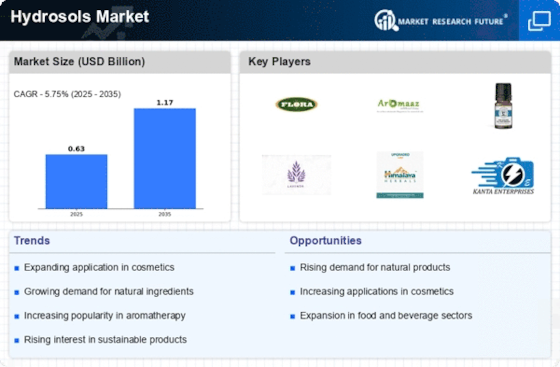
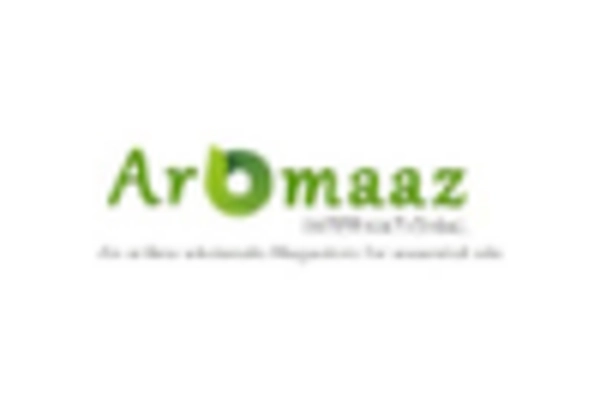
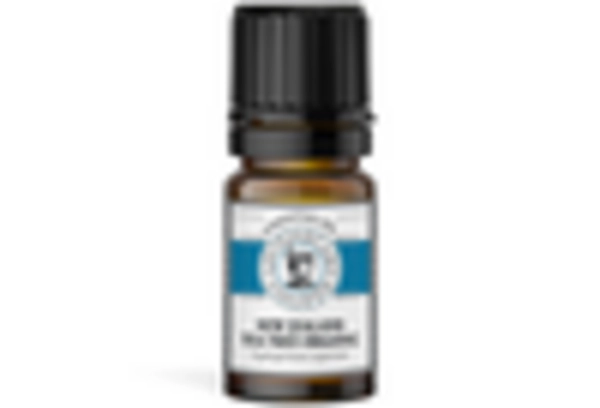
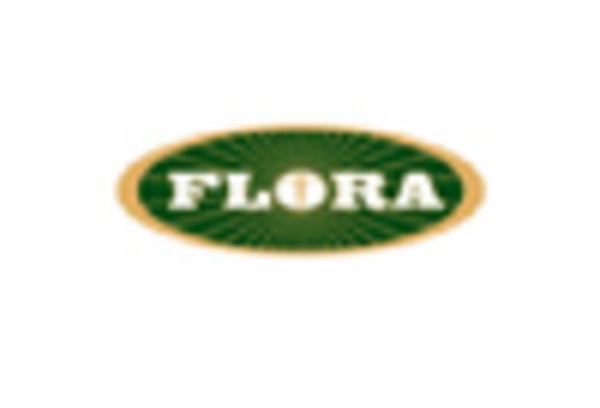
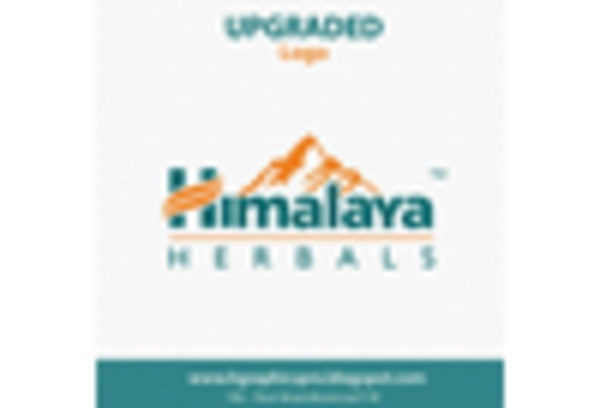

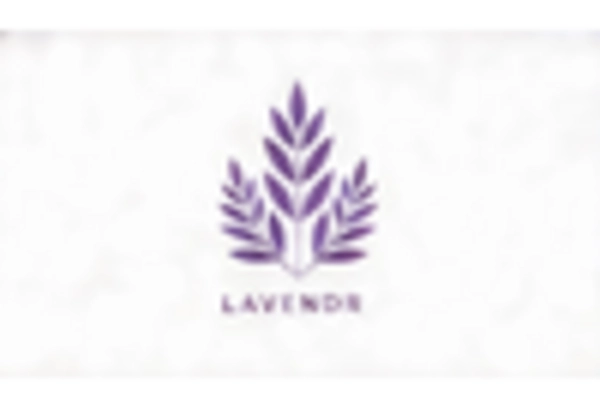









Leave a Comment